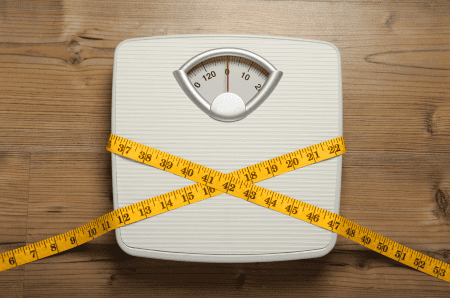Chronic Stress
Have you been putting in the effort at the gym and eating all the right foods, yet still struggling to lose weight or gain lean muscle mass? You’re not alone. While diet and exercise play crucial roles in achieving our fitness goals, there’s another factor that often goes unnoticed but can have a significant impact on our progress: chronic stress, or the prolonged and constant feeling of stress that negatively affects your mind, body, and overall health.
Understanding the Stress Response
When we experience stress, whether physical, emotional, or psychological, our bodies release cortisol, often referred to as the “stress hormone.” While cortisol is essential for helping us respond to stressful situations, prolonged or chronic stress can lead to dysregulation of cortisol levels, disrupting our body’s natural balance.
The Impact of Cortisol on Weight Loss
One of the ways chronic stress can hinder weight loss or muscle gain is through its effect on blood sugar levels. High cortisol spikes can lead to spikes in blood sugar, prompting the release of insulin to help regulate glucose levels. When this cycle occurs repeatedly over time, it can result in a flood of insulin in the body.
Insulin Resistance: The Silent Saboteur
Excessive and prolonged insulin secretion can lead to insulin resistance, a condition in which the body’s cells become less responsive to insulin’s signals. This can ultimately lead to elevated blood sugar levels, increased fat storage, and difficulty losing weight or gaining lean muscle mass.
Breaking the Cycle: Managing Chronic Stress for Optimal Health
While it’s impossible to eliminate stress entirely from our lives, there are steps we can take to manage it more effectively:
1. Prioritize Stress Management Techniques: Incorporate stress-reducing activities into your daily routine, such as meditation, deep breathing exercises, yoga, or spending time in nature.
2. Get Adequate Sleep: Aim for 7-9 hours of quality sleep each night to support healthy cortisol levels and overall well-being.
3. Maintain a Balanced Diet: Focus on whole, nutrient-dense foods, and avoid excessive sugar and refined carbohydrates, which can contribute to blood sugar imbalances.
4. Regular Exercise: Engage in regular physical activity, such as strength training, cardio, or yoga, to help regulate cortisol levels and promote overall health.
5. Seek Support: Don’t hesitate to reach out to a healthcare professional or therapist if chronic stress is impacting your mental or physical health.
While it’s easy to overlook the role of chronic stress in our fitness journey, its impact on weight loss and muscle gain can be profound. By prioritizing stress management techniques and adopting healthy lifestyle habits, we can break free from the cycle of chronic stress and achieve our health and fitness goals. Remember, it’s not just about what we eat or how much we exercise—addressing stress is a crucial component of overall well-being.
Want to make sure your nutrition is in check? Set up a mini nutrition session here with Dietitian Britt today!






